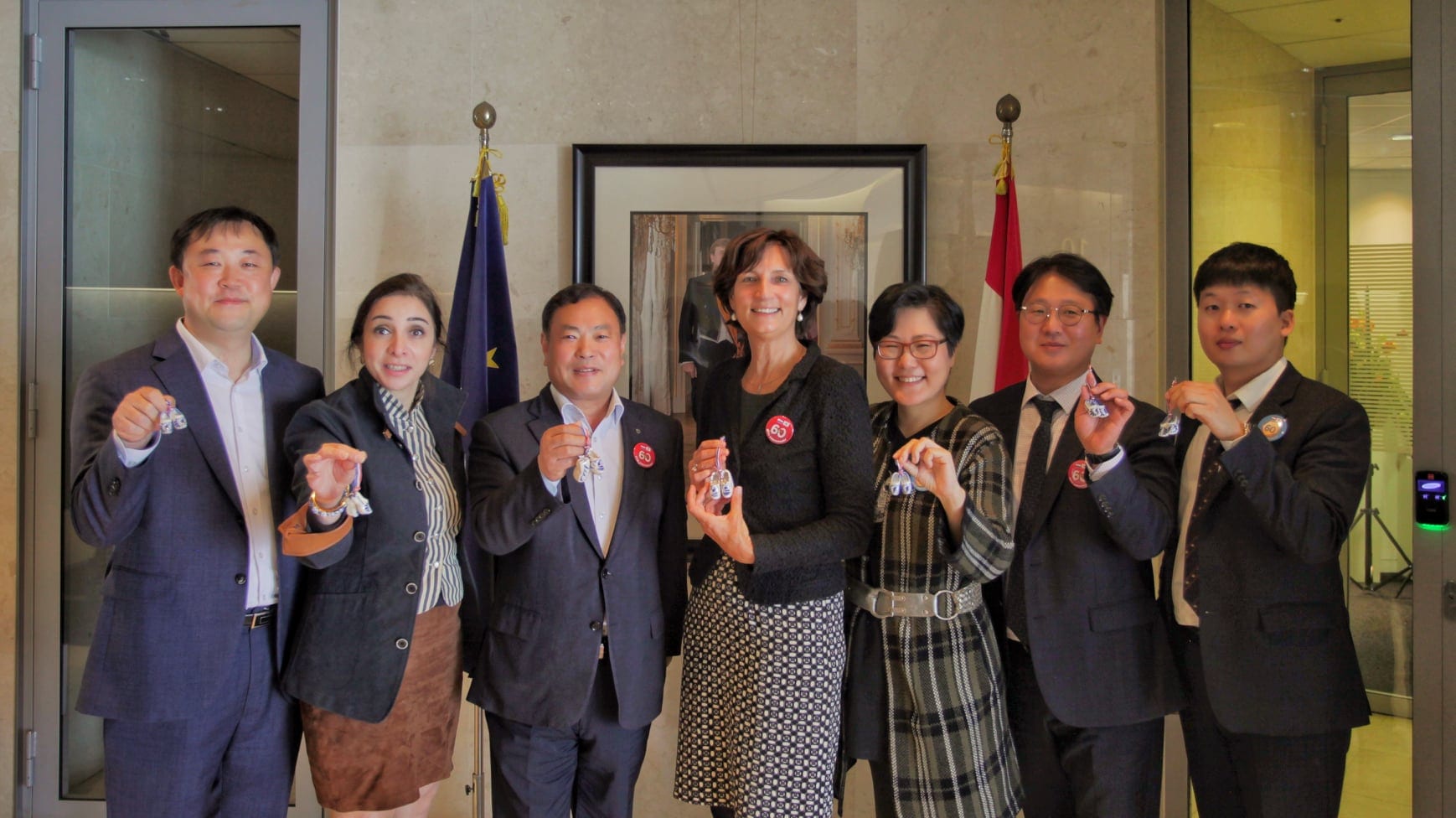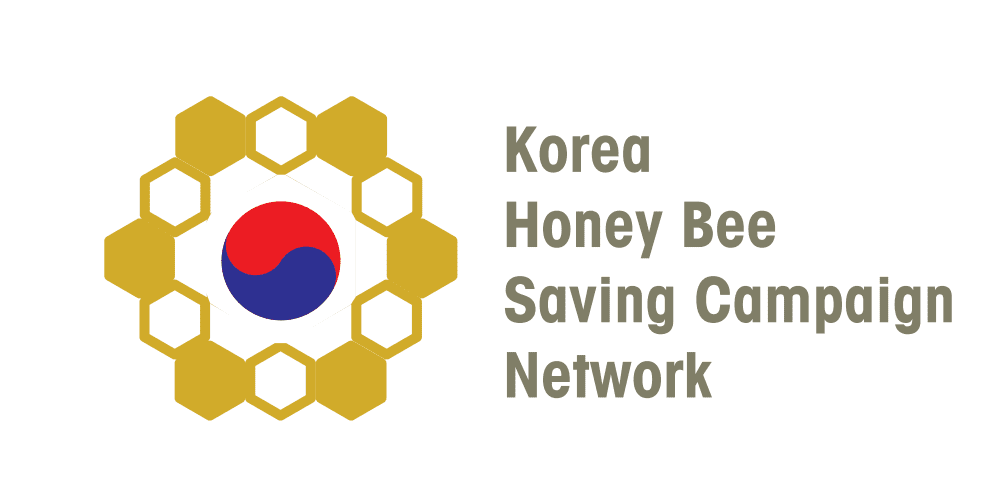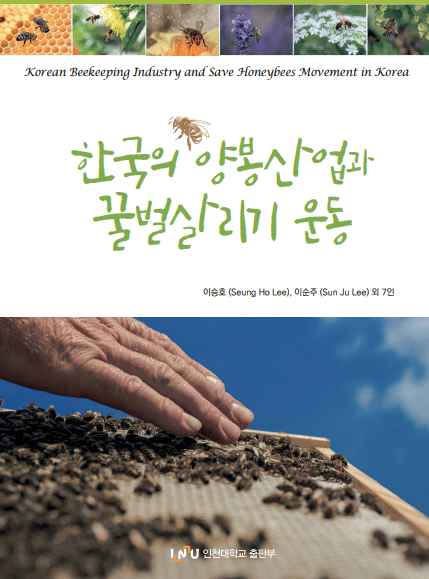Korea
Korea joined Promote Pollinators in 2020.
Why did Korea decide to join the coalition?
Several decades after the beekeeping industry was organized by citizens in Korea, as an activity in response to the global honey-bee crisis in August 2019 the “Law for the Fostering and Support of the Beekeeping Industry” was enacted. In a situation in which during several decades activities had been weak and unproductive, we strove to create a system in which the beekeeping industry, the farmers and the responsible public administrators would join forces. It is our hope that through contacts with Promote Pollinators, which we learned about in this process, we will foster international discussion on the issue, promote a shared citizens’ awareness, and launch a global campaign. Because of differences in the form of activities in each country and cultural differences, concrete regional efforts are necessary for the conservation of biological diversity, apart from international attention to the issue, but we feel that everywhere bees, which are among the very first to show the deleterious effects of climate change and human interventions, can serve as a warning sign and symbol for the larger project of conservation of biological diversity. Joining the coalition, we hope to receive considerable cooperation and communication of ideas for our campaign to save honey bees as a part of agricultural activities.

What is the current situation regarding pollinators and pollination in Korea?
Korea has been a late starter in studies of environment and ecology, and has at present no comprehensive public figures from agencies related to the ecology with regard to pollinators and pollination. The main activities of our network for the campaign to save the bees are limited to saving the honey-bees kept by farmers. The currently available figures for beekeeping of this kind are as follows (according to an official announcement of the Korean government). Number of agricultural households engaged in professional beekeeping: 26,487. Number of bee colonies: 2,590,000 (with more than 20,000 bees in a colony).

How is Korea working with its national strategy? What are the efforts?
The national territory of the Republic of Korea consists for 67% of mountains and is surrounded by sea on three sides, with four clearly distinguished seasons. Thanks to the four seasons we have a rich ecology, with a dense concentration of many biological species. But urbanization and reckless development, together with the shock of climate change, increasingly pose problems for the conservation of nature. Recently, the Korean government has proclaimed a Korean-style Green Deal in response to the climate problems, and the Ministry of the Environment and the Ministry of Agriculture are strengthening detailed policies and practical studies in the fields of the environment and agriculture for a sustainable ecology. It is expected that soon in concert with the policies of the Green Deal the conservation of biological diversity and the relation of this with pollinators will be discussed.
The strategy of the bee-keeping industry for the protection of the honey bees and our activities, is that by putting this on the agenda in activities for the promotion of the public interest, we constantly demand that the creation of sources of nectar and a direct payment system for beekeepers will be included in the government’s Green Deal, and we look for ways to supplement this systematically by the creation and management of sources of nectar on mountains owned by individuals. This year in particular we want to create model examples of plans for social contributions to the solution of the problems, in which the efforts of various stakeholders and ordinary citizens are joined, while we also intend, as a matter connected with Promote Pollinators, to establish an international online forum.
We are in an initial stage in which the Korean government gradually realizes that for the effectiveness of the protection of biological diversity and pollinators, international cooperation and constant communication are mandatory. Accordingly plans are made for a system and cooperation that, thanks to the positive interest of policy-makers and campaigns on specific issues centered on digital spaces, will enable long-term activities.

What are Korea’s expectations for the future?
The expectations for the future are determined by the characteristics of the national territory, with sea on three sides and more than 60% mountainous (forested) terrain. In concert with a national Korean system for pollinators and honey-bees (based on the National Trust Law) we want to guarantee a basis for biological diversity by protecting forests and securing forests as a habitat for honey bees, apart from grasslands and agricultural land, at a time when a response is needed to fast and drastic climate change.
Do you have any tips for other members?
It is necessary to establish a strategy that agrees with the limitations of people’s activism. Systematic planning is also necessary, but for the conservation of pollinators devoted activists are indispensable. If one divides actions in various small, but significant parts, and so puts together the parts that have been achieved, as if in a mosaic, over time the bigger picture will be completed.
For activists it is important in everything, first of all to create model cases of activities, at minimal cost, that take into consideration general applicability and the potential for application on a larger scale. If one tries to translate into action a point one wants to make, one should proceed gradually, finding out with whom to continue, how to do something best, in the concrete realities of life.
In Korea we would very much like to learn about Citizens’ Science Programs run by others as an excellent strategy for publicity and the promotion of understanding.
In our case the aid strategy of protecting and supporting experienced full-time bee-keepers has had an effectiveness for combating the loss of pollinators and improving the national situation that cannot be compared with the effect of the participation of ordinary citizens. We counsel an alliance with the farmers.
Contact details for those who want to learn more about the Korean situation.
Biological diversity, ecological services: https://trust.or.kr/nnt
Honey-bee issues, requests for information about exchanges regarding the bee-keeping industry, through the email of team-leader Sun Ju LEE: namurim@naver.com or her Facebook account.
